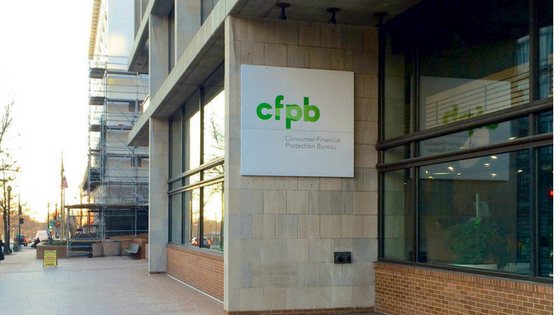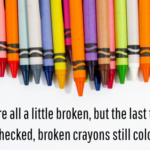In re-writing a proposed rule governing small-dollar and payday loans, the Consumer Financial Protection Bureau is pointing to the results of a study to substantiate why the rule does not need to include an ability-to-repay requirement, which is the very same study that led to the original rule having the requirement in the first place, according to a published report.
The study, which surveyed 1,000 payday loan customers to see if they could accurately predict how long it would take them to repay the loan, revealed that 60% of the participants were able to predict, within a two-week window, when the loan would be repaid. But under former Director Richard Cordray, the bureau seized upon the 40% who were unable to predict when they were going to be able to repay the loan in determining that lenders needed to do that for borrowers if they couldn’t do it for themselves, and instituted an ability-to-repay requirement before making any small-dollar loan.
If borrowers are able to understand a product and the majority know how long it will take until the product is repaid, it can not be abusive, the CFPB argues in defending its re-vamping of the rule.
The proposed rule was originally issued back in 2016 and included a full repayment test before any small-dollar loan could be made. The compliance deadline has been postponed as a result of a lawsuit filed by payday lending trade groups against the CFPB, and the Bureau has said it is working on a new version of the rule.









